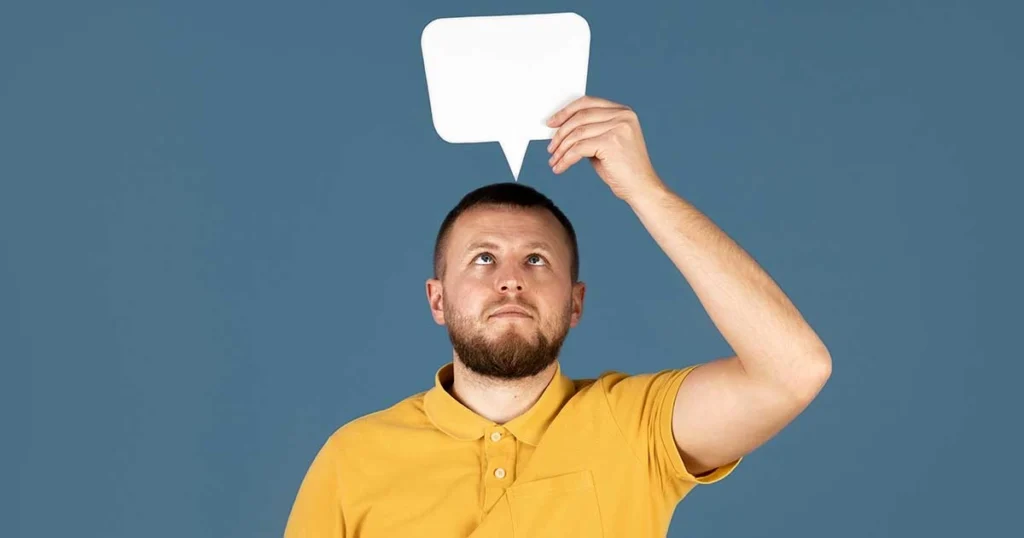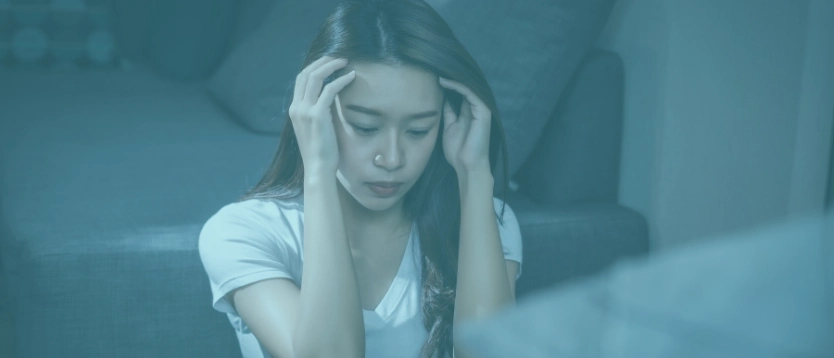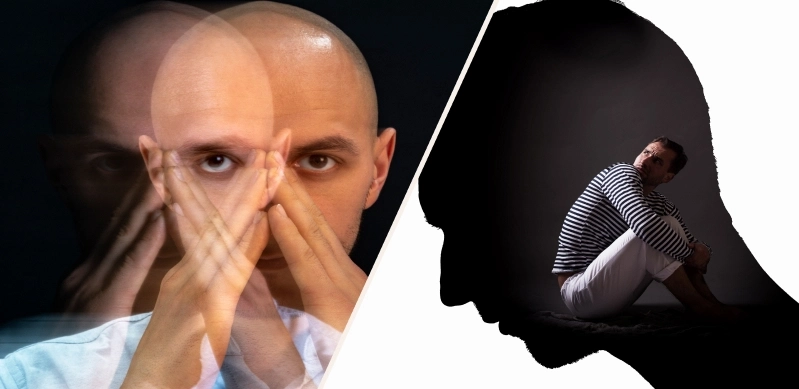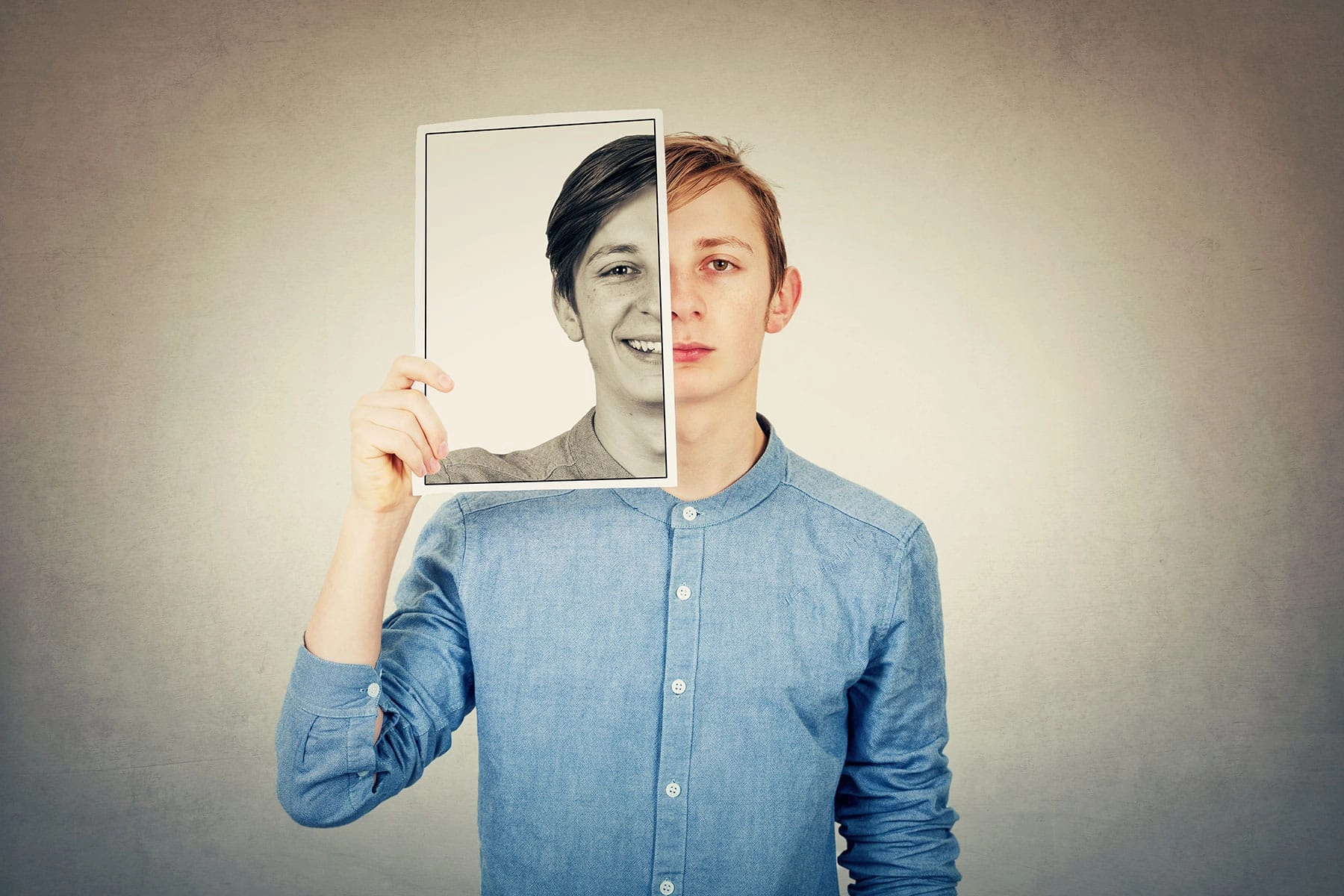How a Person with Bipolar Thinks: Bipolar disorder episodes can impair your capacity for concentration, thought, and memory. The precise effects may vary depending on whether you are experiencing a depressive, hypomanic, or manic episode.
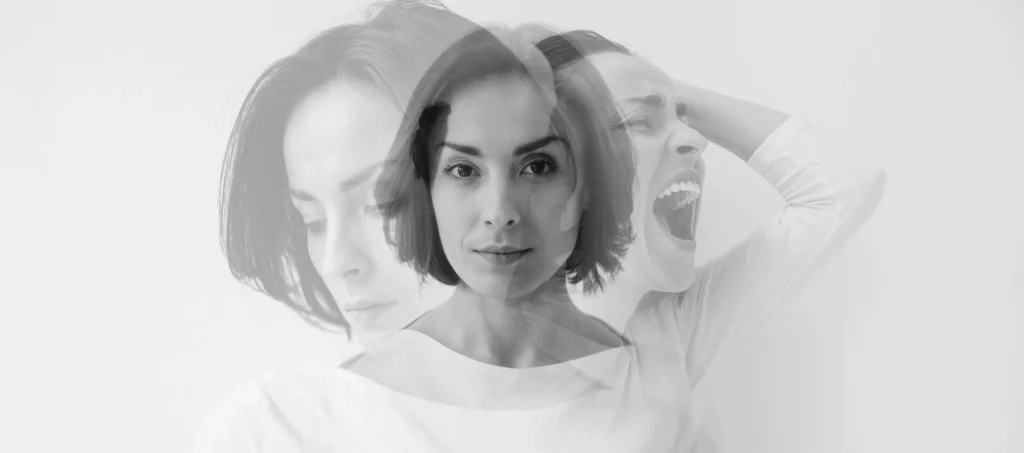
Your emotional well-being is not the only thing that is impacted by mental health problems. They have the potential to change the way you think. You may experience a shift in your thought processes throughout manic and depressive episodes if you have bipolar illness.
You can have racing thoughts and high levels of mental energy during a manic episode. In contrast, thinking may slow down during a depressive episode.
Both kinds of bipolar illness episodes might make it harder for you to concentrate, remember information, and make judgments.
Proper therapy can help you control your episodes more effectively, which in turn can lessen the impact of bipolar illness on your cognitive processes, memory, and attention span.
Is a Person’s Thinking Impacted by Bipolar Disorder?
The way you think and reason might be impacted by bipolar disorder, especially during a manic, hypomanic, or depressive episode.
High energy, racing thoughts, and impulsivity are all features of manic episodes. During a depressive episode, you may have slower thoughts and be more difficult to concentrate.
How bipolar disorder affects your thought depends on the kind you have. The Four Types of Bipolar Disorder:
- Bipolar I Disorder
- Bipolar II Disorder
- Cyclothymic illness (cyclothymia)
What Impact Does Bipolar Illness Have on A Person’s Thinking?
A person’s thinking may be impacted differently by depressive episodes, manic (and hypomanic) episodes. Typical thought patterns during a manic episode
You may experience extreme happiness, restlessness, and high energy during a manic episode, which can last for more than a week. They May Also Have an Impact on Your Thinking Process. You could have the following symptoms during a manic episode:
Rapid Thinking
Having a Lot of Mental Energy, Which Might Mean You Can Think a Lot, Which Could Lead to More Innovation and New Ideas
Trouble Focusing or Recalling Events
Impulsivity, which is when you behave or make illogical choices without considering the consequences, might result in risky actions such impulsive buying, reckless driving, or sex without a barrier.
If you have bipolar II illness, you experience hypomania rather than mania. Hypomania is comparable to mania, but it is less severe and doesn’t last as long.
Rapid thoughts, impulsiveness, and difficulty concentrating might also be symptoms of hypomanic episodes, although not necessarily to the same degree as manic episodes.
Typical Thought Patterns and Distortions During a Depressive Episode
An excessively low mood is only one sign of a depressive episode in bipolar disorder. Additionally, it can impact how you think.
You may have the following symptoms during a depressive episode:
- Little Mental Power
- Concentration Issues
- decision-making issues
- Remembering Is Difficult
- Thoughts on Death and Suicide
Depression causes cognitive distortions in many individuals. Errors in reasoning or judgment are considered cognitive distortions.
Cognitive distortions can cause you to think more negatively during depression, which exacerbates feelings of despair, sadness, or worthlessness. Typical Cognitive Distortions During a Depressive Episode Include:
Thinking in extremes: You may believe that everything is horrible because it is not flawless, or that you are worthless because you made a mistake. This is sometimes referred to as “black-and-white thinking.”
Catastrophizing is when you imagine the worst-case scenario happening, even if it’s unlikely to occur. For instance, you could assume that “if I make a mistake at work, I’ll be fired immediately and become homeless.”
Ignoring the Positive: This Cognitive Distortedness Involves Concentrating Just on the Negative While Disqualifying the Positive.
Emotional Reasoning: This is the process of drawing conclusions based on your emotions rather than facts. For instance, “I feel unloved, therefore it must mean nobody loves me,” or “I feel useless, therefore I must really be useless.”
Mind Reading: This entails making assumptions about what others are thinking. With the help of a therapist, talk therapy can help you recognize your cognitive distortions and develop strategies for overcoming them so that you can think more clearly or logically.
Is There an Impact on Memory and Attention from Bipolar Disorder?
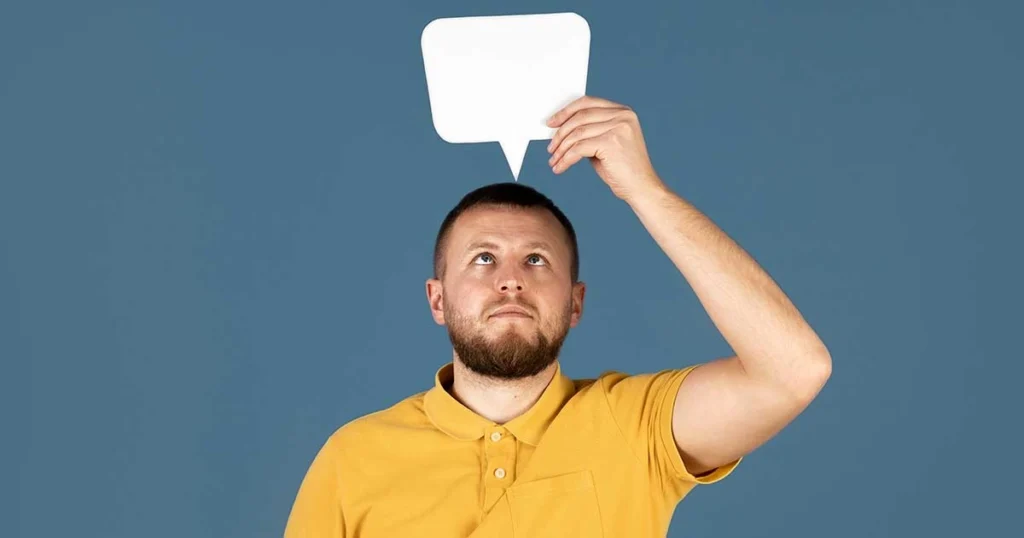
Bipolar disorder does appear to have a detrimental effect on memory. People with bipolar disorder may have impairments in their delayed memory during manic episodes, according to a little 2017 study. A 2017 review of reliable research sources discovered that individuals may have poorer working memory both during and between episodes.
Furthermore, a 2018 review discovered that individuals with bipolar disorder, especially those with severe symptoms, had impaired prospective memory, which is the capacity to recall what you had planned or intended to accomplish at the right moment so that you may carry out your plans.
Although bipolar disorder can have a detrimental impact on memory, a 2021 study revealed that verbal memory and cognition are significantly impaired in those with bipolar disorder who also have a substance use disorder (sud).
There is a correlation between bipolar disorder and substance usage: Individuals with bipolar disorder are more prone to acquiring a SUD than those who do not have the illness.
What Impact Does Bipolar Disorder-Related Psychosis Have on Cognition?
Psychosis, which can cause auditory or visual hallucinations, delusions, and paranoid thinking, occurs in some individuals with bipolar disorder, especially during acute manic episodes.
When you are experiencing psychosis, you may have illogical ideas or behaviors. Your capacity for logic is impaired. Despite all contrary evidence, you may believe in things. You may also find it challenging to meet your fundamental requirements, such as bathing and eating.
The brain regions involved in storing and retrieving information are also affected by psychosis, which causes memory impairment.
Conclusion
Your cognitive abilities can be impacted by bipolar illness. During a manic or depressive episode, your memory and concentration may be particularly impaired.
Be aware that there are many treatment alternatives available if you have or think you may have bipolar illness. Therapy, drugs, and specific self-care methods might be helpful.

